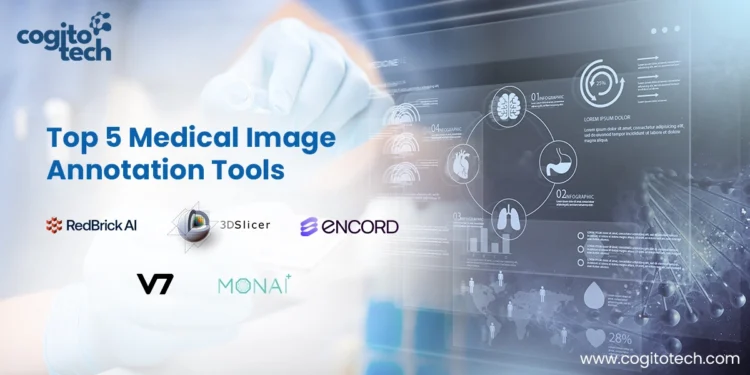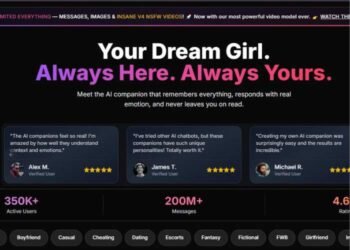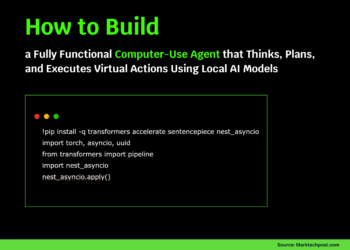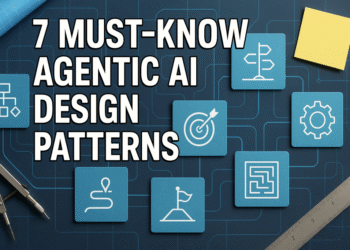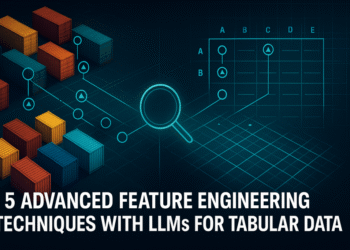In this piece, we review the top medical image annotation tools, comparing them across key factors such as supported modalities (CT, MRI, X-ray, Mammography), ease of use, custom workflows, collaboration features, format support like DICOM and NIfTI, data security (HIPAA/GDPR compliance, encryption, anonymization), quality control, and licensing.
Also, how Cogito Tech leverages these tools to deliver accurate, compliant, and clinically relevant medical image annotations that enhance AI training and improve patient outcomes.
Here are the top platforms for medical image annotation in 2025:
RedBrick
RedBrick offers annotation tools for labeling complex medical images, such as CTs, MRIs, X-rays, and ultrasounds, along with comprehensive project management and quality control.
Key features include:
- 2D and 3D visualization with native DICOM support for segmentation, classification, and vector annotation.
- Intuitive and user-friendly interface designed to be easy to use.
- Facilitates advanced project management and collaboration.
- Supports advanced segmentation with tools like brush, pen, and contour for precision and accuracy.
- Smart interpolation and thresholding for efficient data preparation.
- Lets monitor workforce metrics to analyze productivity and quality.
3D Slicer
3D Slicer is an open-source segmentation tool, especially designed to delineate regions and perform precise segmentation.
Key features include:
- Seamlessly integrates with multiple medical imaging tools.
- Allows image segmentation based on tissue density.
- Offers interoperability with the DICOM standard for 2D, 3D, and 4D medical images.
- Identifies and separates different tissues based on their density.
- Supports integrations with AI frameworks, including NVIDIA’s MONAI, to improve diagnostic capabilities.
Encord
Encord’s annotation tool has specialized features to annotate native DICOM and NIfTI image rendering with a PACS-style interface. It’s a versatile tool that supports different formats and annotations.
Key features include:
- Suitable for medical video labeling of any length or format.
- Supports large-scale projects with complex labeling and QC workflow features.
- Features in-depth labeling protocols with nested classes
- Enables advanced visualization of medical images with multiplanar reconstruction (MPR), and integrates with clinical worklists to automate patient data entry and manage imaging tasks efficiently.
V7 Labs
V7 offers a full suite of medical annotation features for complex images across radiology, pathology, and dentistry. The tool is very intuitive and user-friendly.
Key features include:
- FDA, HIPAA, and CE compliant.
- Enables consensus workflows for accurate annotation through collaboration between labelers.
- Supports volumetric annotation for detailed labeling of 3D data.
- Easily integrates with MLOps tools to streamline the machine learning lifecycle.
MONAI
An open-source framework designed for deep learning in medical imaging, MONAI enables labelers to use 2D or 3D bounding boxes, segmentation masks, and points to annotate medical images. The platform is widely popular for its easy-to-use features.
Key features include:
- One of the most popular open-source tools for medical imaging data annotation and research.
- Seamless integrations via the MONAI Deploy App SDK.
- Annotations can be saved in multiple formats and easily integrated into the MONAI pipeline for training and evaluation.
- Free to use for labeling healthcare and biomedical images.
Here are the main parameters to evaluate when choosing a platform to ensure accuracy and efficiency:
- Annotation capabilities: The tool should support multiple imaging modalities such as CT, MRI, X-ray, and ultrasound, and diverse annotation types, including bounding boxes, polygons, landmarks, and 3D.
- Usability and user interface: The interface should be intuitive, featuring easy-to-use dashboards and interactive tools for annotators, while supporting real-time collaboration, multi-user access, and role-based control for team efficiency.
- Data management: The tools should be compatible with standard medical imaging formats such as DICOM, NIfTI, PNG, and JPEG, and should enable easy data import and export while ensuring compatibility with ML/DL pipelines.
- Data security and compliance: The platform must offer strong security measures, including HIPAA/FDA compliance, encryption, anonymization, and user authentication.
- Scalability and performance: The system should support batch processing for large datasets, offer both cloud and on-premises deployment options, and integrate via APIs with PACS, ML systems, and external databases.
How Cogito Tech leverages annotation tools for high-quality data labeling
Cogito Tech collaborates with leading medical image annotation tool providers such as RedBrick AI, Encord, and V7 to accurately label complex medical images including CT scans, MRIs, and X-rays. Their built-in project management and quality control features enable our team to ensure accuracy and compliance with stringent healthcare standards such as FDA, HIPAA, EMA, and GDPR, ultimately boosting diagnostic accuracy and accelerating AI development timelines.
These partnerships enhance Cogito Tech’s efficiency in medical data annotation by:
- Streamlining Data Processing: Format-agnostic compatibility (NRRD, NIFTI, DICOM) with a PACS-style interface, along with multiplanar reconstruction and maximum intensity projection, ensures efficient data handling to meet project timelines without sacrificing precision.
- Ensuring Consistent Quality: Integrated project management and quality control structures, fully aligned with GDPR and HIPAA, guarantee accuracy and compliance in all annotations.
- Enhancing Team Collaboration: Role-based workflows and worklist management promote seamless coordination, accountability, and productivity across annotation teams.
- Empowering Advanced Annotation: Comprehensive labeling, measurement, and segmentation tools provide the precision needed for complex medical imaging projects.
Conclusion
A medical image annotation platform is critical for accurately labeling data to build reliable AI and ML models that can enhance diagnostics, accelerate treatment planning, and improve patient outcomes. A tool that combines advanced annotation capabilities, compliance with strict medical standards, user-friendly collaboration features, scalability, and data security delivers the consistency and trust needed for effective medical AI. By evaluating tools against factors like supported modalities, annotation precision, ease of use, integration, and cost, healthcare organizations can confidently choose solutions that deliver accuracy, efficiency, and long-term value.
Cogito Tech delivers high-quality, clinically relevant medical image annotations by leveraging advanced tools like RedBrick AI, Encord, V7, and MONAI, while ensuring full compliance with FDA, HIPAA, EMA, and GDPR standards to strengthen AI training and improve patient outcomes.

